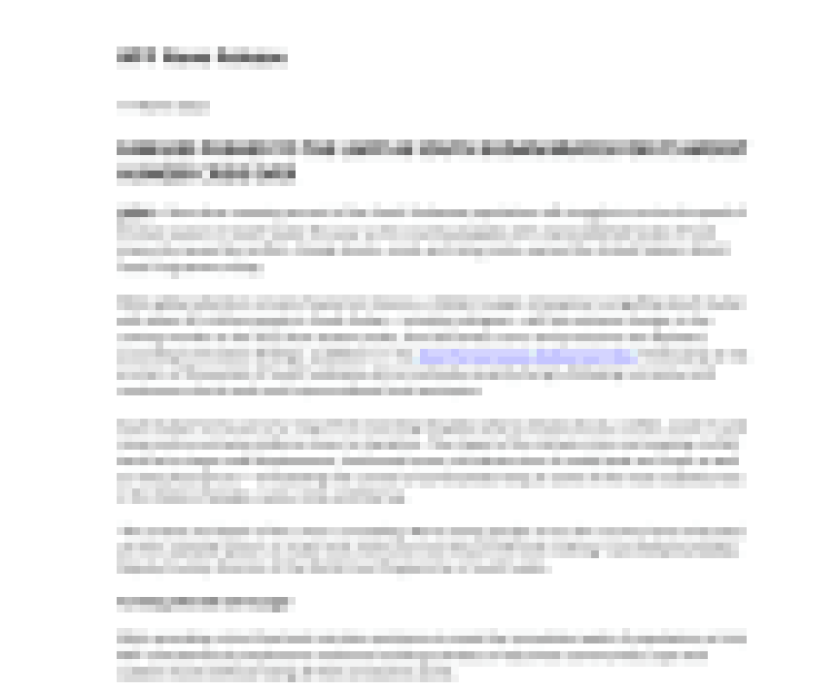Click to expand Image
Activists stage demonstration in protest against vandalism of temples and mandaps during Durga Puja festival in several districts and arson attack on shops and houses belonging to the Hindu community in Dhaka, Bangladesh, October 19, 2021.
©2021 Rehman Asad/NurPhoto via AP
(New York) – The Bangladesh authorities should exercise caution and restraint in containing the deadliest spate of sectarian violence in Bangladesh in years, Human Rights Watch said today. The authorities should take immediate steps to protect Hindu religious minorities and prosecute those responsible, including members of law enforcement agencies, for unlawful violence.
An angry mob attacked a Hindu temple in Comilla on October 15, 2021, after a photo showing the Quran placed on the knee of a Hindu deity went viral on social media during the Hindu holy festival of Durga Puja. Since the first attacks, mobs have torched dozens of Hindu homes and vandalized temples and statues throughout the country.
“Bangladesh authorities are dealing with an extremely stressful situation that could easily escalate into even more bloodshed, unless law enforcement acts with caution and restraint,” said Brad Adams, Asia director at Human Rights Watch. “The authorities need to be deescalating violence, not shooting live ammunition into a crowd.”
Bangladesh shut down mobile internet and deployed paramilitary forces to more than 35 districts to try to stem the violence. Four people died when police reportedly opened fire to contain a mob and at least three more people have died amid the clashes; more than 100 are reported injured.
The United Nations Basic Principles on the Use of Force and Firearms by Law Enforcement Officials states that security forces must “apply non-violent means before resorting to the use of force and firearms,” and that “whenever the lawful use of force and firearms is unavoidable, law enforcement officials shall: (a) Exercise restraint in such use and act in proportion to the seriousness of the offence and the legitimate objective to be achieved; (b) Minimize damage and injury, and respect and preserve human life.”
On October 18, hundreds gathered peacefully to call for an end to the violence. The authorities have reportedly filed at least 71 cases in connection with the violence and arrested 450 people. Prime Minister Sheikh Hasina Wazed has promised strong action, declaring “Nobody will be spared. It doesn’t matter which religion they belong to.”
UN Resident Coordinator Mia Seppo called for peace, stating that “recent attacks on Hindus in Bangladesh, fueled by hate speech on social media, are against the values of the Constitution and need to stop.”
Prime Minister Hasina called on Narendra Modi’s government to quell communal violence in India, where the ruling party has fueled violence targeting the minority Muslim community. “They (India) have to be aware that such incidents should not take place there, which would have an impact on Bangladesh, and the Hindus in our country face attacks,” she said.
Hindus, who make up about 10 percent of Bangladesh’s Muslim-majority population, have repeatedly come under attack. A Bangladeshi human rights group, Ain o Salish Kendra, has reported at least 3,679 attacks on the Hindu community since January 2013, including vandalism, arson, and targeted violence. The authorities repeatedly fail to investigate and prosecute such violence.
“Prime Minister Sheikh Hasina Wazed is facing a critical moment to show in words and action that she is serious about her party’s commitments to democracy and human rights,” Adams said. “Her calls for an end to the violence should lead to transparent investigations and real legal protections for the Hindu community in Bangladesh.”



